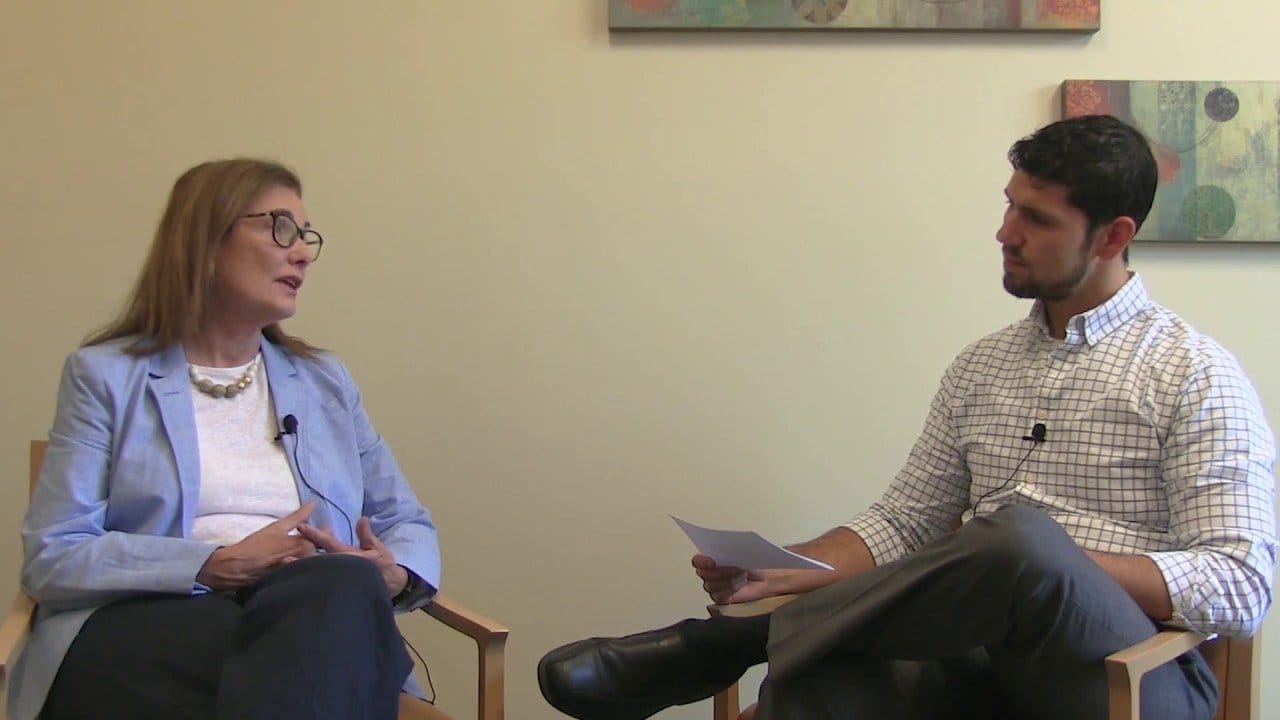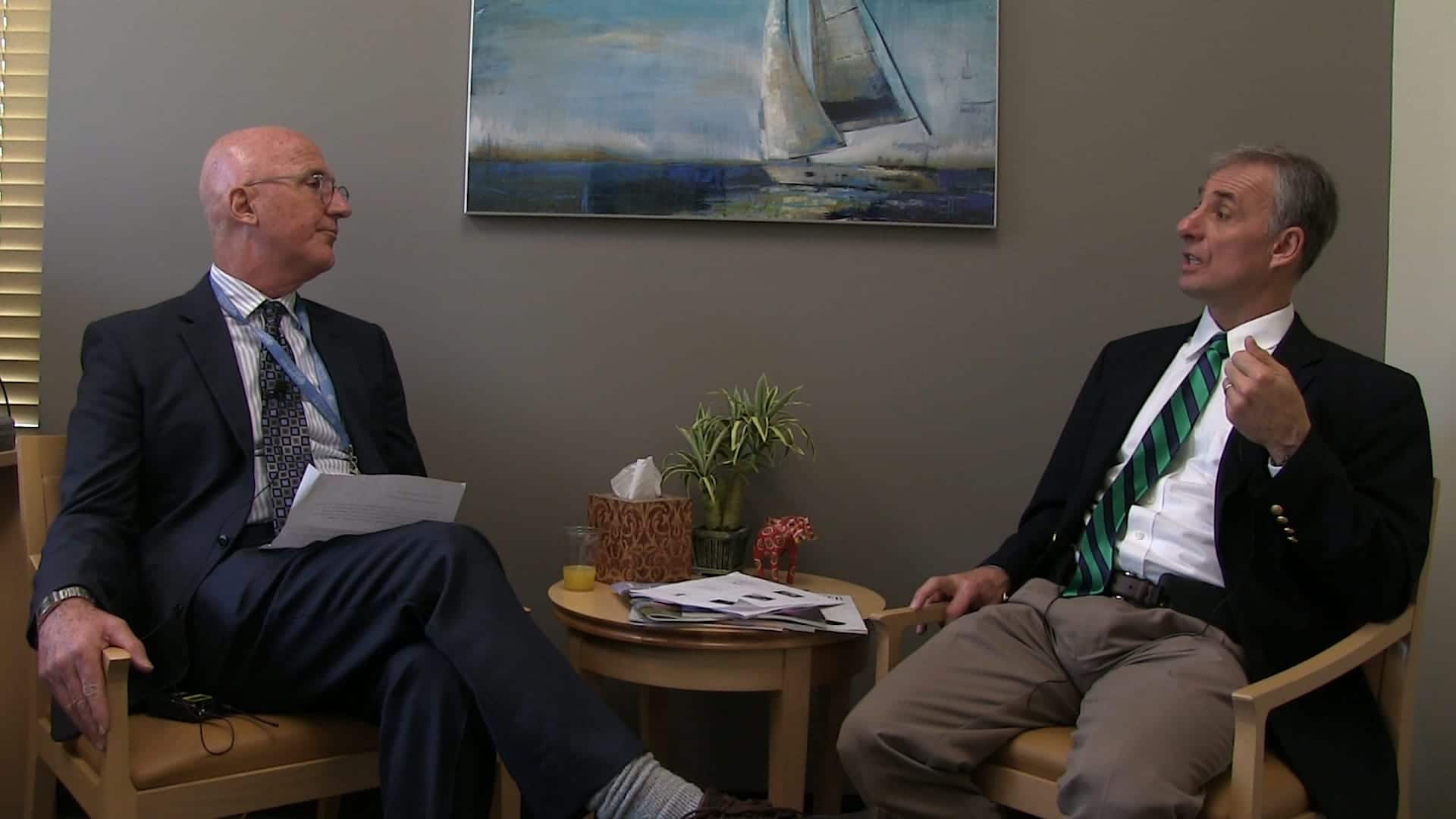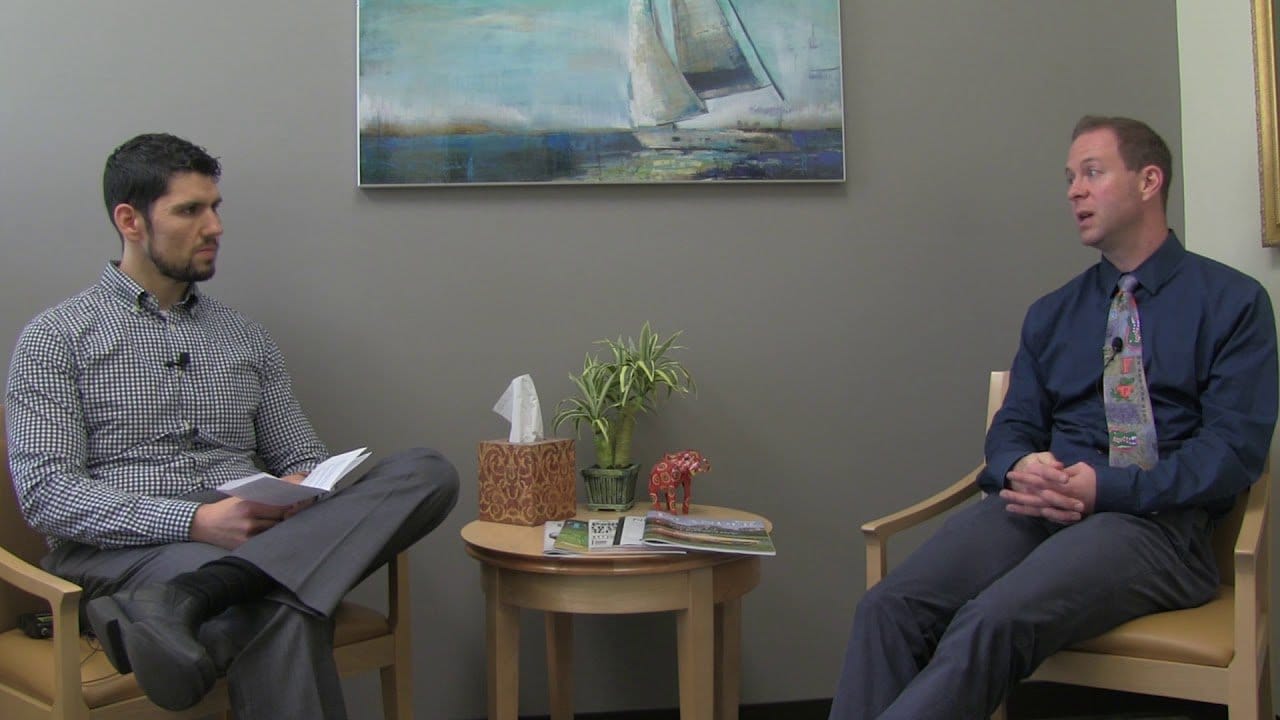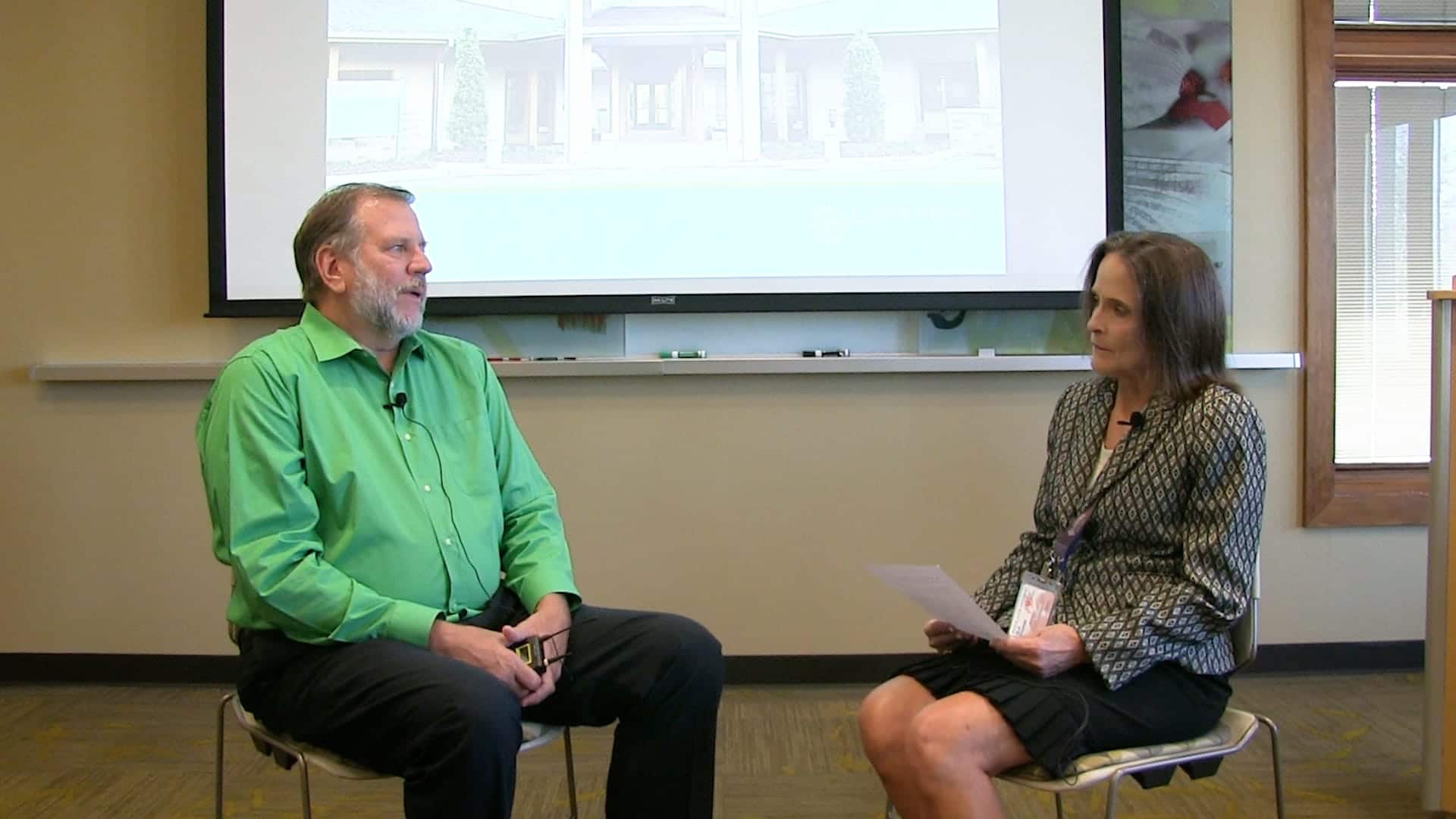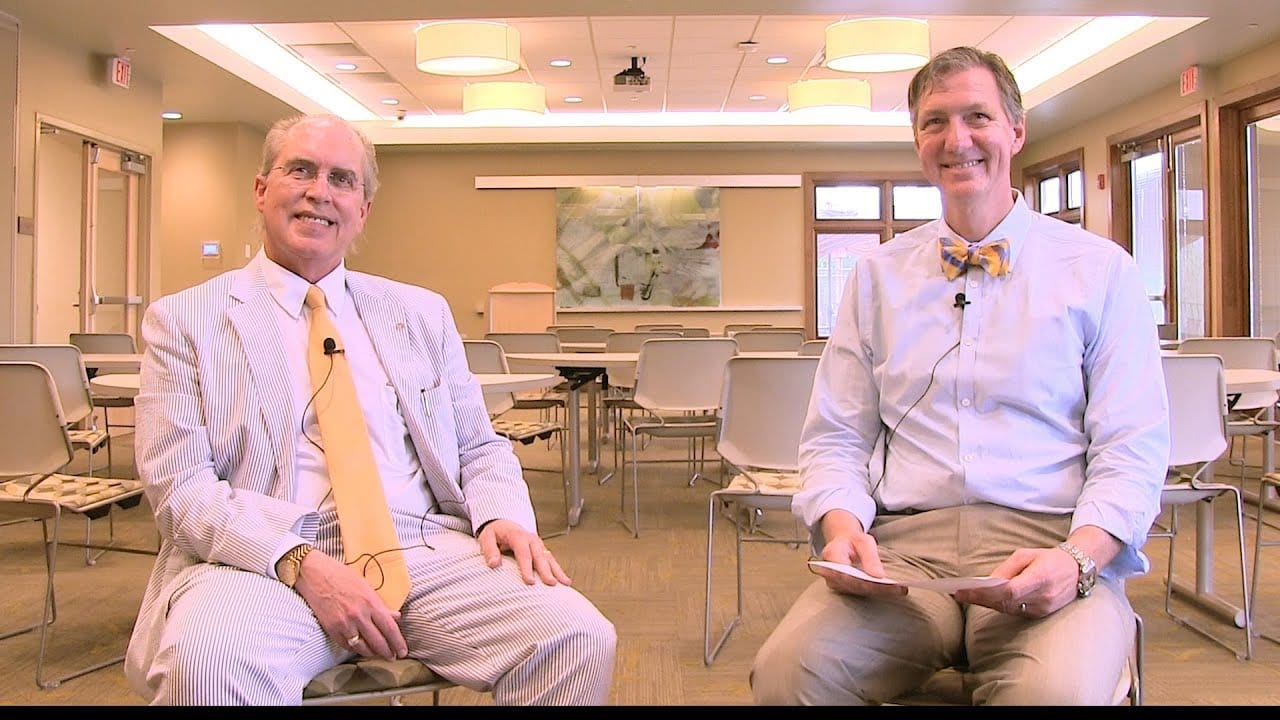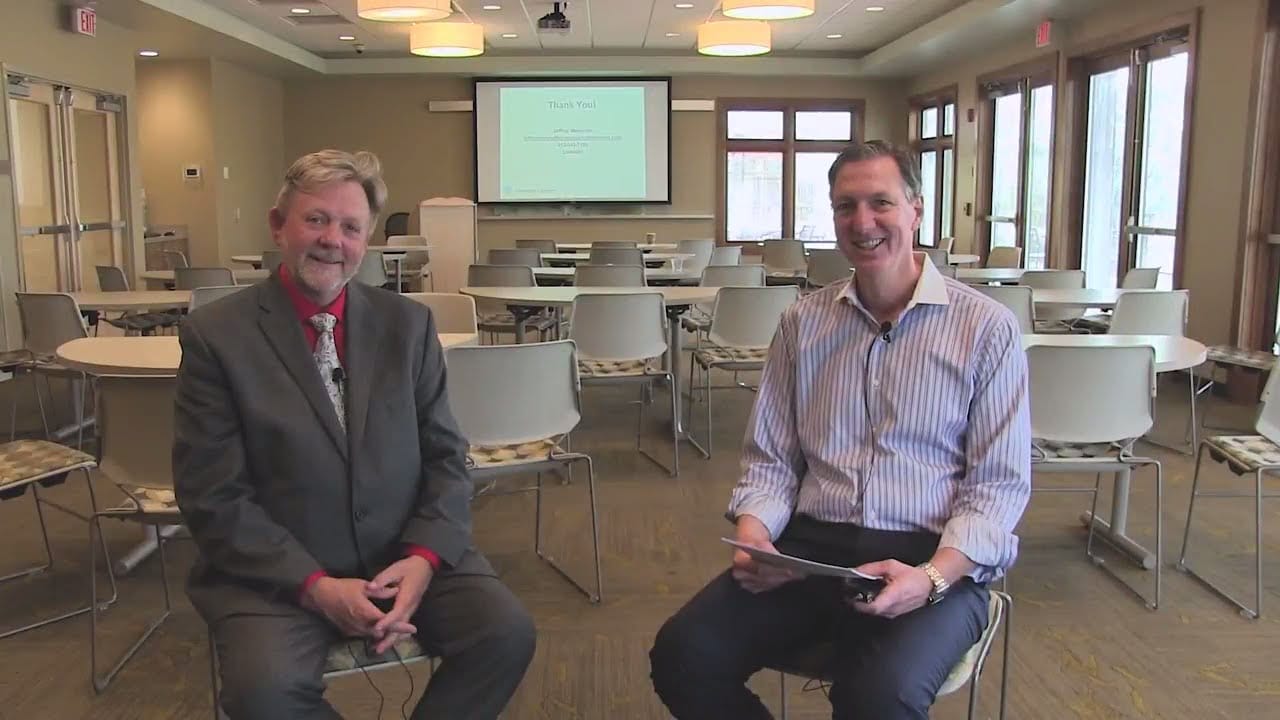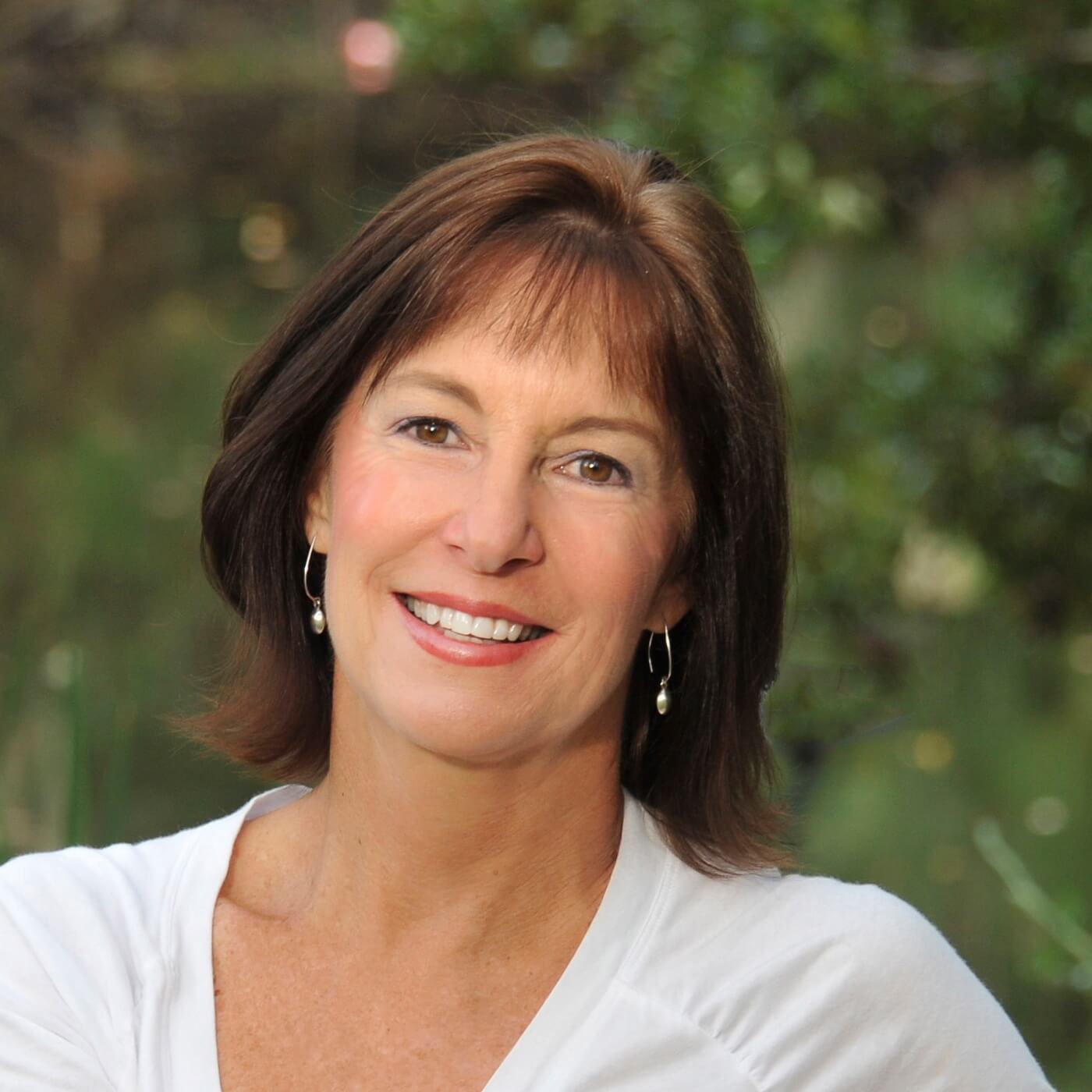

By: Lakeview Health
Lakeview therapist Patty Mohler discusses Life’s Onion™, a new therapy tool being used at Lakeview. She describes how patients can use it to understand their thinking, reveal their core issues and adapt. She also describes how the tool works with traditional therapies.
Podcast Transcript
Gina Thorne: Hello, everyone this is Gina Thorne and welcome to the Lakeview podcast series. I’m joined today with Patty Mohler, one of our clinicians here at Lakeview Health who runs the Life’s Onion Project. Welcome, Patty. Patty Mohler: Hi Gina, how are you? Gina: Good. We are really excited to have you here today to talk to us a little bit about this unique program that was introduced into Lakeview in Stepping Stone a couple of years ago and wanted to hear more about you and about this project. So to get started, I understand that you started out in the field of recreation fitness and now you work in the addiction treatment field. So how do the two worlds connect for you? Patty: Actually I was a fitness trainer, so it was not so much on the recreation side but definitely out of the fitness side. Owned a health and fitness studio here in Jacksonville for 20 years and it’s interesting –I always believed in mind, body and spirit at that time and when we were teaching classes and I taught all week long, I was always giving information. People were asking me about things, and it was a running joke that we should have a mental health therapist in the other room. It was always just a joke to us. Then lo and behold, life changes, I get older and I don’t want to teach anymore so I’m now that mental health therapist. So that is how I ended up here. Gina: That’s good. You have been with Lakeview for how long? Patty: Just a little over a year. Gina: OK. You were introduced into this new model called the Life’s Onion. Can you tell us what it’s about? Patty: The Life’s Onion is an exciting new project. It’s a brand new tool that was created by Mark Wetherbee. Mark created this tool out of his own interest that so many therapists use the phrase, “peeling back an onion, getting another layer.” That has always intrigued me as well. So when this came along it was just really fascinating. He has created an actual onion, shape of an onion, it’s a plastic tool where the onion layers actually pull back and we can literally peel back an onion. The patients can use it also in a way that they can decorate and write on those onion peels themselves. The real thing that we are trying to get to is the core issue and the schema of why somebody is using maladaptive behavior. What are the character defects that keep them in their really bad behaviors? Gina: And how does that differ from traditional cognitive behavioral therapy or are they aligned in a lot of ways? Patty: They very much are aligned. We use a lot of CBT when we are using the Onion project. Also using a lot of schema theory, so the two combined and getting people just to start to recognize and identify where did they learn some of these irrational beliefs that they have about themselves and about the world? The shoulda, coulda, woulda’s of the world that haven’t gotten very far. So it’s exciting to see people use this and be able to really dive deep into what has brought them into our rehab center. Gina: Life’s Onion is not just for the addiction field. It can be broadly used across all spectrums, correct? Or was it identified for addiction first? Patty: Interestingly enough, it has 12 petals and we are a 12-step program, so any 12-step program it would be fantastic for. But I also can see this in the business world as somebody writing their mission statement. I can see this in the eating disorders theory. It will also be fabulous in grief and loss. I think the benefits of this are just as much as our imagination is willing to use this tool. Gina: And we are unique because we were introduced to this pilot before anybody else was, correct? Patty: Correct, yes. I believe so. I think we are the very first program that has actually taken the Onion project and really developed it. I think it has been tried out in art therapy, another fabulous place for it to be. I’m not sure that it really took off in that setting or that they had it much. It’s such a passion for me that I am constantly sending our CEO and I’m sending Mark Wetherbee updates on a weekly basis; what are patients saying about the program, what are we getting from the patients. So it’s just been really exciting for us to see that the patients adore it, the therapists love it because now we are working hand in hand finding deeper things, new issues for patients that they can take back to their primary group. Gina: So is it unique to just a couple of people or do you all hand-select patients that you would have participate in this group. Is it open, is it closed? Patty: It is actually a closed group and for people that don’t know what that means, it means that people aren’t coming and going so that they are there for a certain amount of time. It is in-depth, so we do need as much time as possible so we’ve asked the therapist to help identify somebody who wants the extra help. That particular person is explained the program and they have the choice of whether they participate or not. Not everyone wants to do this type of work, not everybody is interested in finding their core issue, it’s work, and it’s hard work. The benefits are phenomenal, but not everybody is ready for that at this particular time, maybe down the road. So they are asked to join and they actually create their own group norms and most of them agree that if you don’t show up or if you are late, you are not part of the group. So I let them act as a regular group, as if it were being done outside in the real world. Gina: That’s great because it gives them a greater sense of accountability for that process. That’s fantastic. So how do you think overall this particular model of the Life’s Onion contributes to somebody’s long-term recovery plan? Patty: The fascinating part of this is we help identify the core but outside of that we can have the patient really work on their self-esteem and their confidence. One of the things that they leave with the Onion Project is that they are able to walk out of there with different coping skills, ones that they know actually work and we actually have decided to call it the recovery tools. So the last four petals that they aren’t being at use at any one time, if any one of those four petals is not being used, they are probably in relapse mode. Gina: Interesting. Patty: Mark has been smart enough and we have worked together enough that we’ve also created the Onion so that we can put in new petals. Life changes, people change, issues change, so we will be able to take out petals that longer apply and put new petals in. It’s an ongoing process. Gina: That’s fantastic. Well, you have done a great job of describing the concept around the Life’s Onion, can you describe a success story for us of someone that you may have worked with that has really been able to apply some of the principles of the Life’s Onion? Patty: Absolutely. I have got a ton of them. But one guy comes really to mind. He really wanted the extra work, he wanted to figure out why does he keep doing the things he does? Whether it’s poor behaviors, his addictions, his poor family relationships–all of those things. He came with a really open mind and he really, really couldn’t figure out and one day he really identified the fact that he was just lost. That he had so many traumas and issues in his family he didn’t know who he was. One of the things that he took out of that and he shared with me is that he was going to take this Life’s Onion, this tool that we provided for him, he was going to take it home to his therapist because what we do on the outside of the Onion is identify how people see you. His was confidence. Head of a business, owning a corporation, all these wonderful things, but on the inside he lacked self-esteem. He was lost. So his was actually going to take his core issues to his therapist back at home and work back outside to the Onion to become the man that was actually what the real world saw. Gina: Ah that’s interesting. Good. That’s great. Well, Patty, you have been with us for a little over a year now, what is it about Lakeview that makes you feel like you want to be a part of this team? What is it about Lakeview that sets us apart from other programs? Patty: Right off the bat my first instinct is how much we care. There isn’t one person in this building from the maintenance person to the people in the kitchen, to you, to the head of the company, Roy; there isn’t one person that doesn’t care that we want to have these patients be successful. And the patients can feel that. Gina: Well, we are really very lucky to have you on board in our clinical team. For those of you that are interested in learning more about the Life’s Onion or about Lakeview Health, we encourage you to visit us at lakeviewhealth.multiplica.dev. If you know someone that is struggling with substance use disorder or mental health disorders and they need help right away feel free to have them contact us at [Direct]. Patty, thank you again for your time today. Patty: Thank you Gina, have a great day.
